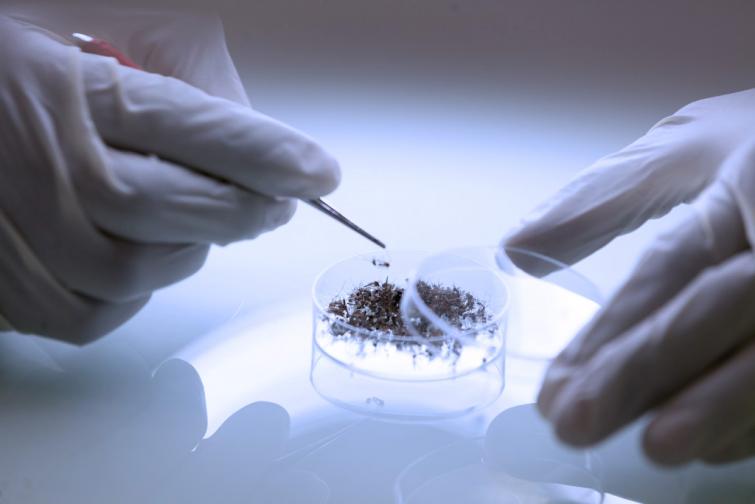
 zika
zika
Institut Pasteur committed to fighting the Zika epidemic
Institut Pasteur, with its long history of working on arborviruses, has mobilized its international forces against Zika since the very first cases. By November 2015, the Pasteur Institute of French Guiana had confirmed the first case of the virus in Suriname, and on December 18, 2015, it identified the first case in French Guiana. After confirmation of these first cases, the same team published in The Lancet the whole genome sequence of the virus responsible for this outbreak. This helped to highlight that this strain is almost the same as the strains of the epidemic that occurred in 2013 and 2014 in the Pacific.
The Institut Pasteur has mobilized several of its research units to develop serological and molecular diagnostic tests, to work on the design of new vaccines and to provide advice on the various options to minimize vector transmission. Its teams also conduct epidemiological studies, in particular to better understand the neurological symptoms observed in patients, especially in pregnant women.
The Institut Pasteur has also lent its expertise on the virus to the media.
The Zika virus is a flavivirus transmitted by mosquitoes of the Aedes genus. It is widespread in Asia and Africa and has recently emerged in Central and South America. The disease caused by the virus develops 3 to 12 days after the vector insect bite and symptoms (which resemble those of the dengue virus or chikungunya, also spread by the same mosquito) include fever, headaches, skin rash, tiredness, and muscle and joint pain. Asymptomatic in most people infected, the disease is usually mild and can last for up to one week. There is currently no vaccine or specific treatment for the Zika virus. The only treatments available are for the symptoms themselves.
For further information about the virus, please read our fact sheet
Photo © Ronan Liétar / IMAZONE